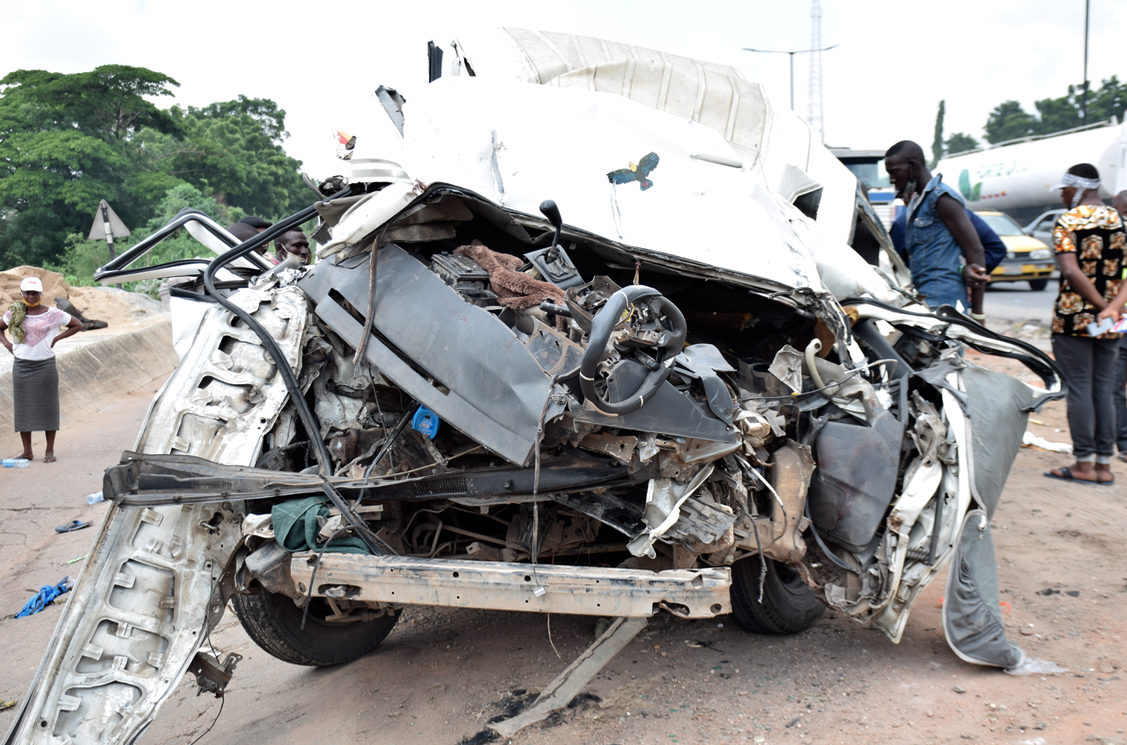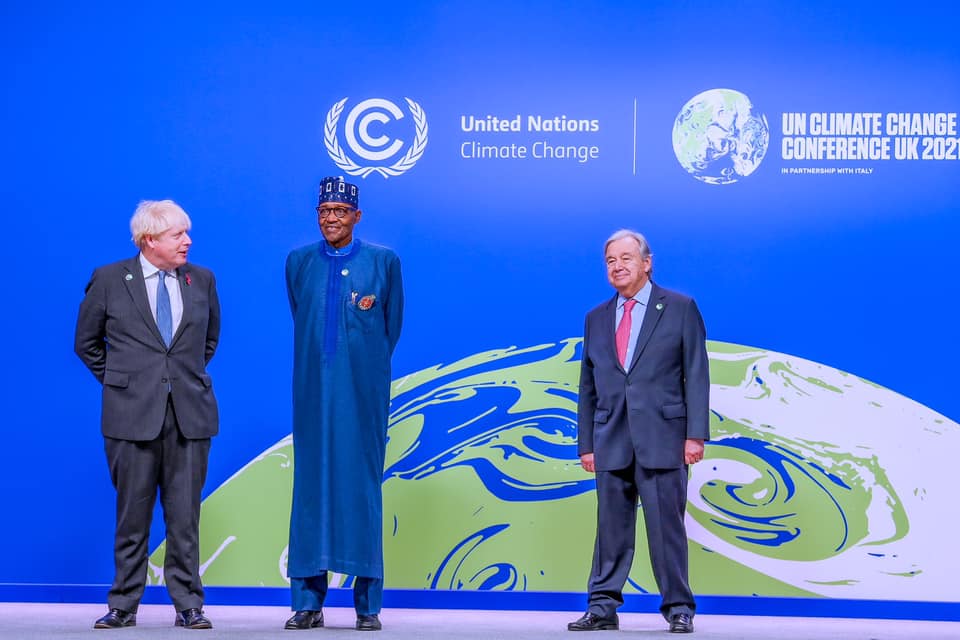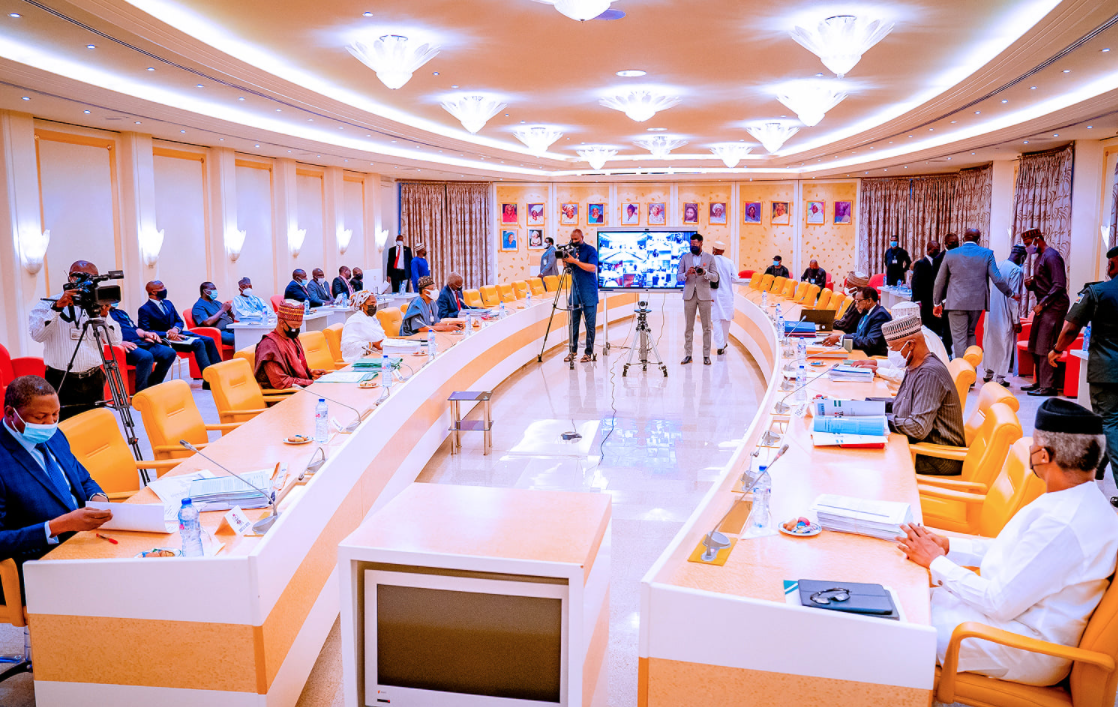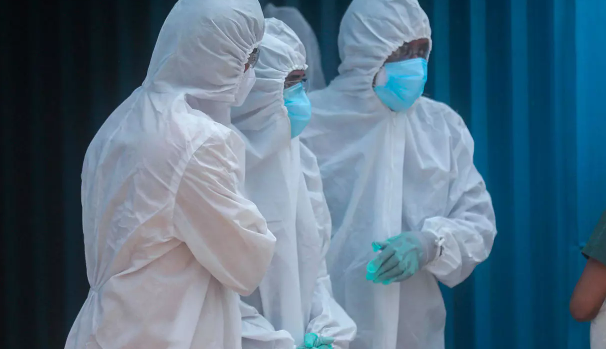BY JEROME-MARIO UTOMI
This piece stemmed from an unusual occurrence/event which glaringly did more than anything else to support the claim by well-meaning Nigerians that healthcare professionals do not feel bound to seriously observe basic standards of care or are generally unwilling to accept responsibility for their failure to deliver expected quality services.
It was an extract of a mental account on Saturday, November 6, 2021, at Ketu, Lagos, when my son Pascal Onyinyechukukwu Utomi suffered a health crisis. To assist the innocent boy arrest the troubling reality, we (myself, the mother/my wife and a very good neighbour), went to one of the private hospitals in the neighbourhood. The hospital gate was firmly locked and understandable as it was dead in the night.
To get the needed attention, I thus pleaded: please help! help!! help!!! emergency! emergency!! emergency!!! Some minutes later, one of the hospital’s personnel walked leisurely towards us. Without getting close to the gate or enquiring what the situation was he, to our astonishment, initiated the following conversation: “It will cost you a certain amount to obtain the hospital card. I responded; no problem. He again fired; you need to pay another N Naira as a deposit (this time around mentioning a bigger amount). Yet again, I responded: “No problem”. And the next statement he uttered was: “Can I have the money?”. Looking at the time, to meet this demand, I pleaded that he assist me with the hospital’s account number to make the transfer or better still allow me to pay with my ATM card/POS as I do not have much cash on me.
Advertisement
At this point, I received what met the criteria of unimaginable and unexpected response!
Let’s listen to him: “We cannot accept transfer/POS at this time of the night. Besides, our Oga (boss) who will confirm the transaction is not here and we don’t have the power to wake him from his sleep”. “So can I pay cash tomorrow morning?” I queried. “No”, he responded. “Then, what is the way forward? We cannot help,” he declared. With this concluding statement and without consideration to the dying innocent boy, he slowly left us in the cold to our fate and walked back to the main building where he firmly locked the door.
We were left with no other option than to move to another hospital where he finally got admitted but the experience/services were not too different from the first.
Advertisement
Indeed, while the above account typifies one out of millions of unavailability of quality services, failure of oversight and the impunity of healthcare professionals in both private and public healthcare sector in Nigeria, using the right to health as thematic focal points, there are ingrained reasons that render such development as not just a crisis but paints the public and private health operators in the country as both inefficient and culprits of poor health care providers.
First, the questions that are as important as the piece itself are; what has happened to the strengthened accountability mechanisms relevant to healthcare delivery in Nigeria? How can the nation ensure greater responsibility and accountability of healthcare facilities and professionals in the country? Which one should come first when considering treatment of patents, monetary gain or burning desire to save lives? If it is a desire to save lives, why are medical operators in the country so insensitive to the plights of Nigerians? Why are governments at all levels in Nigeria reputed for poor funding of the health sector?
Have medical professionals in the country forgotten that quality services provided with efficiency and cost-effective arrangement are more profitable than abnormal or counterfeit services as currently witnessed by Nigerians?
Also troubling is the fact that our nation’s health institutions (both private and public) are still unmindful of the fact that serving the people is a serious responsibility and the people involved must abide by the code of conduct and strive to remain within certain limits. This goal should be achieved in an environment of positive and fair competition. They must provide Nigerians with an opportunity to access quality health services without falling prey to fake or any unlawful service or practices.
Advertisement
Talking about the right to health, it is worth mentioning that Nigeria voluntarily assumed obligations to respect, promote, protect and fulfil the right to health under major regional and international human rights instruments, including the African Charter on Human and People’s Rights and the International Covenant on Economic, Social and Cultural Rights.
As noted elsewhere, by the Revised National Policy on Health (2004), “health and access to quality and affordable healthcare is a human right”. It declares further that “a high level of efficiency and accountability shall be maintained in the development and management of the national health system”. In its declaration of commitment, the policy asserts that “the people of this nation have the right to participate individually and collectively in the planning and implementation of their healthcare . . . this is not only their right but also their solemn duty”.
So, why is it that these principles and values are yet to permeate the “development and management” of healthcare planning and delivery systems?. It is a lamentable development that many healthcare professionals and institutions lack knowledge of the existence of the policy let alone the ideas, principles, targets and expectations that the policy embodies.
This is not the only concern about the nation’s health sector. There are others that are more government-specific in outlook.
Advertisement
Take, as an illustration, Nigerians are particularly not happy that the capital flight lost to medical tourism in one year by Nigerians is huge enough to build a world-class hospital in this country that can attend to these needs, create employment, bring back the array of Nigerian medical specialists littered the world over and bring foreign earnings to our nation’s coffers.
They are not happy that the same medical tourism which in 2017 alone kept our dear president away for about 150days is left without anything dramatic done to redress or forestall such future occurrence. And sadly, Nigerians will continue to ‘cry’ because they are tired of going through this state-sponsored human degradation.
Advertisement
It will, however, be of considerable significance to this discussion if the FG realizes that globally, there is no codified principle for lifting a nation from poverty to prosperity. All that is needed is for the FG to go the extra mile to accelerate economic development, social progress and get deeply committed to developing strategies that will guarantee the protection of lives and property of Nigerians while holding health workers (private and public) accountable for their professional misdeed.
Utomi, programme coordinator (media and public policy) of Social and Economic Justice Advocacy (SEJA) wrote from Lagos. He can be reached via [email protected] or 08032725374
Advertisement
Views expressed by contributors are strictly personal and not of TheCable.






